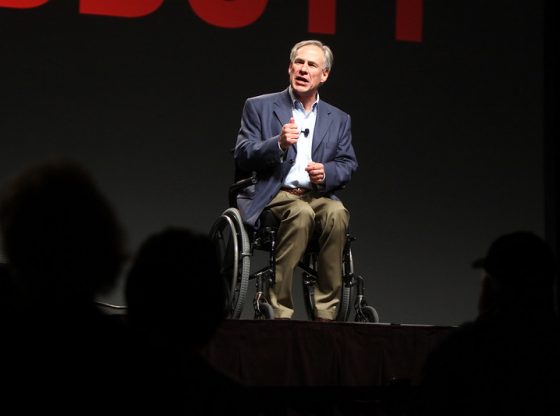The year since Donald Trump was elected president has not been without accomplishment. The investiture of Justice Neil Gorsuch and several lower-court judges, the successful campaign against ISIS, the rollback of intrusive government regulations, the approval of the Keystone and Dakota XL pipelines, the precipitous reduction in illegal border crossings, the decertification of Iranian compliance with the Joint Comprehensive Plan of Action, withdrawal from UNESCO, and the ongoing boom of record employment and stock market prices cannot be denied. But those Trump supporters who assumed his election would inaugurate an era of economic nationalism and a rewriting of the rules of the liberal international order have been disappointed so far. The paradox of Trump is that this most idiosyncratic of men has proven to be a rather conventional Republican president.
Of his eccentricities there can be no doubt. Trump has struggled, to put it mildly, to translate the lessons he learned over 40 years in real estate, in entertainment, and in campaigns into governing the complex and recalcitrant executive bureaucracy, negotiating with Congress, and leading a fractured nation. Always improvisational, blunt, controversial, off the cuff, fast-moving, personal, creative, unconventional, and obsessed with appearance, sometimes comedic, sometimes offensive, Trump is no different from the man who told Oprah Winfrey in 1988 that he “would never want” to rule out a presidential campaign “because I really am tired of seeing what’s happening with this country.”
…
Yet the bluster and nicknames and Tweets are a veneer for personnel and policies that any Republican president, and perhaps some Democratic ones, would have adopted. Mattis, McMaster, Kelly, and Powell are certified members of the national security elite; Pence and Sessions and Pompeo and Haley are Republican stars; Mnuchin and Cohn are veterans of Goldman Sachs; Shulkin was an Obama appointee. When subordinates run into controversy, they are dropped, from Michael Flynn on down the line through Scaramucci, Bannon, Price. When his original pick for secretary of Labor, CEO Andy Puzder, ran into trouble, Trump replaced him with Alexander Acosta, a nondescript and noncontroversial attorney. Pleased with Janet Yellen’s performance as Federal Reserve chair but wanting also to make himself distinct from President Obama, Trump nominated Yellen ally Jay Powell to replace her. Robespierre Powell is not.
By spending more on defense, striking Bashar al-Assad, reassuring traditional allies in the Pacific and Middle East, and above all speaking harshly of America’s enemies, Trump has prioritized reestablishing America’s deterrent over disrupting the geo-economic status quo. The continuation of the American presence in Afghanistan, the pursuit of an elusive Middle East peace deal, the war on ISIS, even the desire for improved relations with Russia are shared characteristics of the last three presidential administrations.


